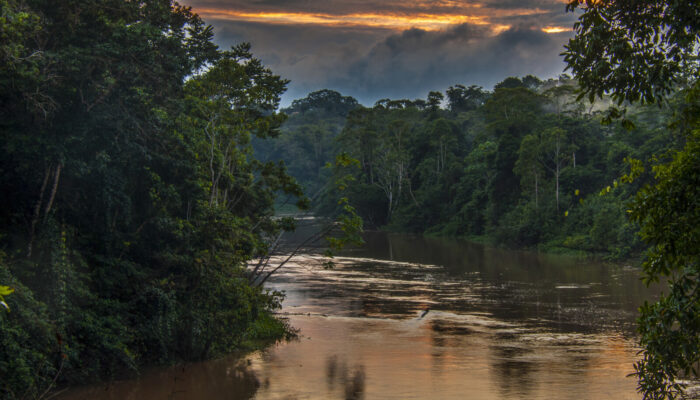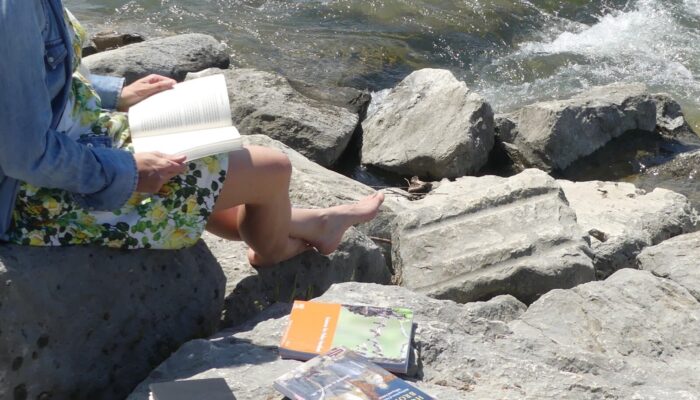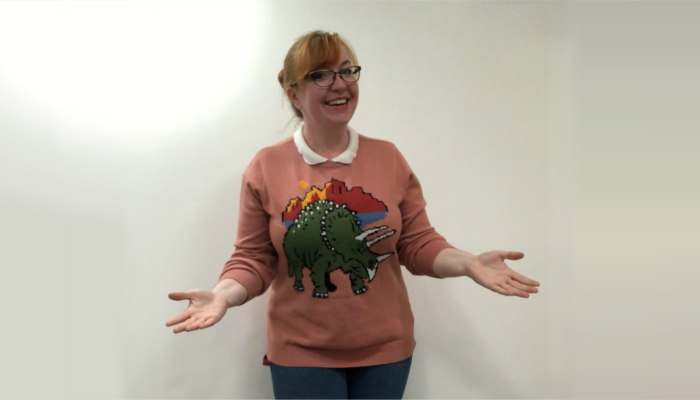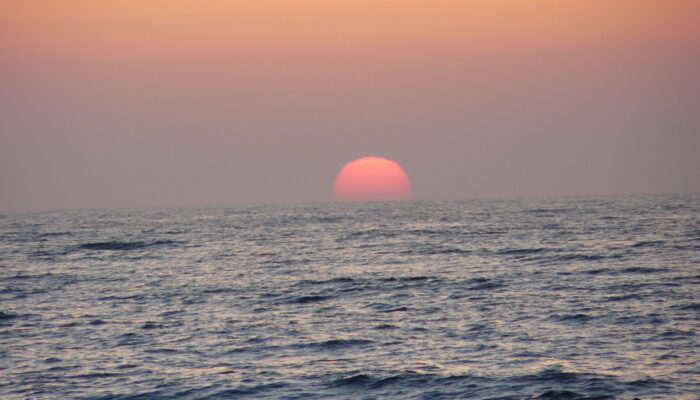As the days grow warmer and you start to think about your summer holidays or field work, you might also be looking for a book or two to help you unwind! Whether you’re lounging by the pool, enjoying a picnic in the park, or resting after a long day in the field, summer is the perfect backdrop for getting lost in a good read. This month’s blog post highlights several books that have been reco ...[Read More]
‘What I wish someone told me early in my career’ series: Meet Hazel Gibson, our Head of Communications
‘What I wish someone told me early in my career’ is a new Geolog series that aims to provide valuable insights and guidance to early-career professionals within the European Geosciences Union (EGU) community. Each month, I will interview a staff member of EGU to share their personal career journey, experiences, challenges faced, and the tips they wish they had received earlier in their ...[Read More]
Tropical rainforest, the lungs of our planet, might be releasing more than just CO2!

When I was thirteen years old, my family and I almost lost our lives due to a carbon monoxide (CO) leak. I never stopped thinking about that incident even though it happened over twenty years ago. Not only because it was a premature realisation of my own mortality, but also because of how sneaky it was: We did not smell it, see it, hear it, or feel it. It was a subtle and slow killer that could ha ...[Read More]
Ocean hypoxia: what does the increase of dead zones mean for marine life?
When runoff from farmland and urban areas enters our streams and rivers, it carries a heavy load of fertilizers and nutrients. These substances accumulate and flow into our coastal oceans, triggering a series of reactions that can create hypoxic ‘dead zones’. Dead zones are low-oxygen, or hypoxic, areas in the world’s oceans and lakes. Because most organisms need oxygen to live, very f ...[Read More]



